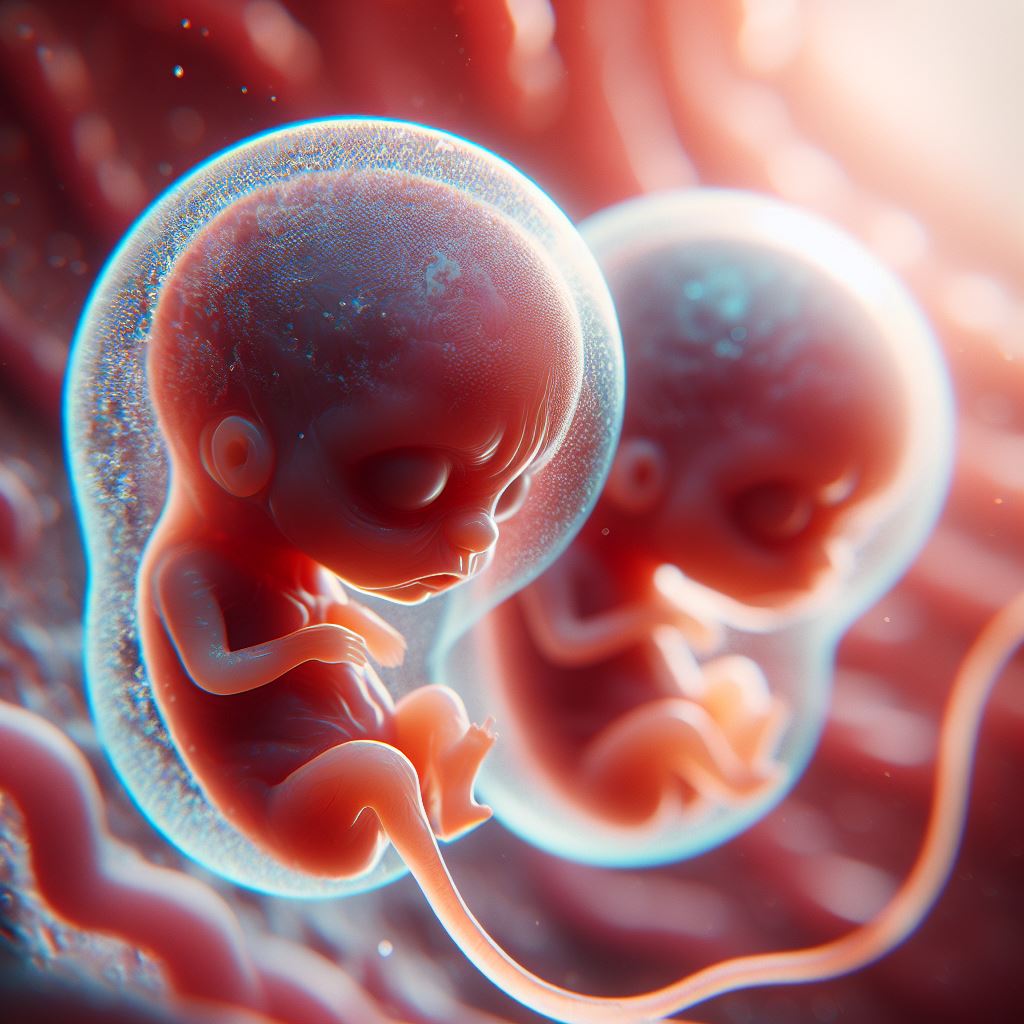Egg donation in Cyprus offers an effective solution for individuals and couples facing fertility challenges. At Vita Altera, we provide advanced IVF treatments in Cyprus using donor eggs from carefully selected and prepared donors. This method ensures safety, ethical integrity, and high success rates for those dreaming of parenthood.
Our clinic manages the entire process, from selecting and screening donors to egg retrieval and fertilization embryo development and pregnancy rates. This approach guarantees quality and confidentiality, ensuring every patient receives personalized care. As a leading Cyprus IVF clinic, Vita Altera combines advanced technology, experienced medical professionals, and compassionate patient support to provide a seamless and effective fertility journey.
If you’re exploring the possibility of parenthood through egg donation, our team is ready to guide you through every step, ensuring a supportive and successful experience.
What is Egg Donation?
Egg donation is a process where healthy eggs from a donor are used to assist individuals or couples struggling with infertility. At Vita Altera, we prepare and screen our own egg donors in a controlled and ethical environment. These donors undergo thorough medical, genetic, and psychological screenings to ensure the highest quality and safety standards.
Once selected, the egg donation process involves stimulating the donor’s ovaries, retrieving the eggs, fertilizing them with sperm in a laboratory, and transferring the resulting embryos into the recipient’s uterus. This method offers a successful and ethical path to parenthood for those who cannot conceive with their own eggs.
By choosing egg donation in Cyprus, patients gain access to advanced medical technologies, ethical practices, and personalized treatment plans tailored to their unique needs.
How Egg Donation Supports IVF Treatment?
Using donor eggs significantly enhances the success of IVF treatments. Donor eggs are sourced from healthy, thoroughly screened individuals, ensuring better fertilization and embryo development. This leads to higher implantation rates and successful pregnancies.
For patients facing challenges like low ovarian reserves or poor egg quality, ivf egg donation offers a reliable solution. By using high-quality donor eggs, the IVF process becomes more efficient, reducing the number of cycles needed to achieve pregnancy.
At Vita Altera, every step of the egg donation procedure is handled with precision and care, ensuring optimal outcomes and a positive experience for every patient.
Who Can Benefit from Egg Donation?
Egg donation is an ideal solution for individuals and couples who face fertility challenges. Women with diminished ovarian reserves, premature menopause, or poor egg quality can benefit significantly from female egg donation. It also provides hope for those who carry genetic disorders and wish to avoid passing them on to their children.
Additionally, single men, same-sex male couples, and individuals using surrogacy can also benefit from egg donation Cyprus services. The use of donor eggs offers a safe, effective, and ethical path to parenthood, supported by advanced medical technologies and expert care.
The Egg Donation Process Step by Step
The egg donation process at Vita Altera is designed to ensure safety, efficiency, and successful outcomes. Here are the key steps involved:
Screening and Matching Donors
Donor candidates undergo comprehensive medical, genetic, and psychological screenings. Once approved, they are matched with recipients based on health criteria and compatibility.
Stimulation and Egg Retrieval
Donors receive hormonal stimulation to encourage multiple egg production. Once mature, eggs are retrieved through a minor, minimally invasive procedure at our clinic.
Fertilization and Embryo Transfer
The retrieved eggs are fertilized with the recipient’s partner’s or donor’s sperm. The resulting embryos are monitored for quality, and the healthiest embryos are selected for transfer to the recipient’s uterus, completing the egg donation procedure.
Egg Donation Success Rates in IVF
How Egg Donation Improves IVF Outcomes?
Using donor eggs increases the likelihood of successful fertilization and healthy embryo development, which leads to higher implantation and pregnancy rates.
Factors Affecting Success Rates
Success rates depend on factors such as the donor’s health, the recipient’s age, uterine health, and the clinic’s expertise. Vita Altera’s advanced technology and personalized care enhance outcomes.
Success Stories from Cyprus Clinics
Vita Altera has successfully guided many patients through the egg donation process, helping them achieve their dream of parenthood. Our commitment to quality and personalized care has resulted in many positive outcomes, making us a trusted name in IVF treatments.
Why Choose Cyprus for Egg Donation?
Cyprus is a preferred destination for egg donation due to its advanced medical infrastructure, ethical standards, and high success rates. Vita Altera ensures a professional, confidential, and supportive environment for every patient.
High-Quality Medical Standards
Vita Altera adheres to European standards in fertility treatments, using state of the assisted reproductive technology and experienced specialists. Each step of the egg donation procedure is handled with precision and care.
Affordable and Accessible Treatment Options
Compared to many countries, Cyprus offers more affordable fertility treatment options without compromising on quality. This makes it an accessible option for international patients seeking efficient and successful results.
International Patient Support
Vita Altera provides full support to international patients, including assistance with travel, accommodation, and 24/7 communication. Our team ensures a comfortable and stress-free experience throughout the entire treatment process.
How to Start Your Egg Donation Journey in Cyprus with Vita Altera
Beginning your journey with egg donation in Cyprus at Vita Altera is a straightforward and supportive process. Our dedicated team ensures that each step is handled with precision and care, providing patients with clear guidance from the initial consultation to the final embryo transfer.
The first step is scheduling a consultation with our fertility specialists, where we assess your medical history and determine the most suitable treatment approach. Once your needs are identified, we proceed to prepare a personalized plan for donor selection, stimulation, and retrieval.
Vita Altera assists with travel arrangements, accommodations, and provides continuous support throughout the treatment. Our dedicated team ensures a seamless and stress-free experience for all international patients.
For more information or to begin your journey, contact Vita Altera and take the first step towards parenthood.






